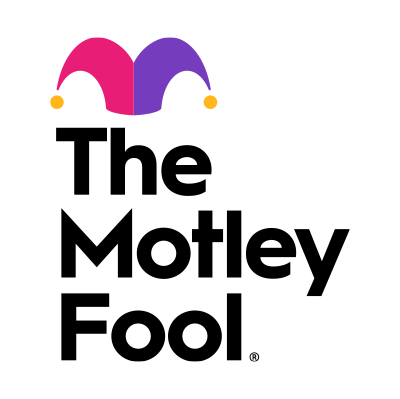
Gilead Sciences (NASDAQ:GILD) created the antiviral drug Remdesivir as a possible treatment for Ebola and the Marburg virus, and it's since been found to be potentially effective in treating COVID-19, the disease caused by the novel coronavirus. Some investors think this could mean significant revenue in the near term for Gilead, and the stock is up 10% so far this year.
But despite the potential short-term benefit from Remdesivir, I believe investors interested in Gilead should focus on three factors that could contribute to sustainable long-term shareholder returns: its strong cash position, its continued development of external business, and its ongoing progress in moving its drug candidates toward approval and launch.
Lately, it's been all about Remdesivir
Since the coronavirus pandemic began in the middle of February, Remdesivir has dominated the news and discussion regarding Gilead's future. Two major events have subsequently boosted the company's stock price. First, at a press conference Feb. 24, Dr. Bruce Aylward, a senior advisor to the World Health Organization (WHO), specifically cited Remdesivir as the one drug that could be effective in treating coronavirus patients. Second, on Feb. 26, Gilead initiated two Phase 3 clinical studies to evaluate the safety and efficacy of remdesivir in adults diagnosed with COVID-19.
Even more recently, Gilead announced on March 22 that despite "overwhelming demand," it would limit distribution of Remdesivir to pregnant women and children under the age of 18 who had been diagnosed and confirmed as having severe cases of COVID-19. The company will also provide the drug to those patients who are already enrolled in clinical trials and those who have already been granted access via a "compassionate use" exception.
Despite these positive developments, there's no concrete proof yet that the drug works. U.S. physicians successfully used it to treat a 35-year-old man who contracted the virus via travel to Wuhan, China, but they noted that "randomized controlled trials are needed to determine the safety and efficacy of Remdesivir and any other investigational agents" for treatment of coronavirus.
Further, competition could limit the duration of any "first-mover" advantage and the revenue Remdesivir creates in the intermediate term. Several pharmaceutical companies, including Pfizer (NYSE:PFE), Regeneron (NASDAQ:REGN), and Sanofi (NASDAQ:SNY), are currently testing other drugs that may help patients infected with coronavirus. Other companies, such as Moderna (NASDAQ:MRNA), are developing vaccines aimed to prevent the infection in the first place, which could eliminate some of the need for drugs like Remdesivir that treat the disease.
Three long-term drivers of fundamental value and shareholder returns
Instead, investors should focus on the key drivers of Gilead's long-term performance. According to its 10-K for the fiscal year ending Dec. 31, Gilead has almost $26 billion in cash and short-term investments. Management can use this cash to buy back stock, retire outstanding long-term debt, pay the dividend, and further grow the business -- establishing partnerships and purchasing other biotechnology companies.
Perhaps the best way Gilead could use all this cash would be acquiring smaller biotechnology companies with promising drug candidates. For example, Gilead's recently announced purchase of Forty Seven (NASDAQ:FTSV) for about $4.9 billion in cash will enable the company to expand its immuno-oncology pipeline. Forty Seven is currently conducting several Phase 2 trials on magrolimab, its lead investigational product candidate, which has been granted "fast track" status by the FDA to allow expedited review of its efficacy in treating several blood-rated cancers including myelodysplastic syndrome (MDS) and acute myeloid leukemia (AML). Forty Seven previously announced favorable Phase 1 clinical trials for the drug at a major healthcare conference last December.
Gilead has also made nice progress in moving several drug programs along the FDA approval process. In early February, Gilead announced that KTE-X19, a drug that treats mantle cell lymphoma (MCL) in patients who no longer respond to existing therapy, had received "priority review" status from the FDA, allowing for an expedited ruling with an anticipated date of Aug. 10. MCL is a rare form of non-Hodgkin lymphoma (NHL) that arises from cells originating in the "mantle zone" of the lymph node and typically affects men over the age of 60.
A good long-term play
Gilead's cash balance and access to capital, the new candidates it's adding to its pipeline, and the progress it's making toward approvals are all great reasons to own the stock today -- without even considering Remdesivir. Long after the novel coronavirus is a memory, Gilead will be paying off in investors' portfolios.
Read Again https://www.fool.com/investing/2020/03/27/for-gilead-its-coronavirus-treatment-is-icing-on-t.aspxBagikan Berita Ini














0 Response to "For Gilead, Its Coronavirus Treatment Is Icing on the Cake - Motley Fool"
Post a Comment